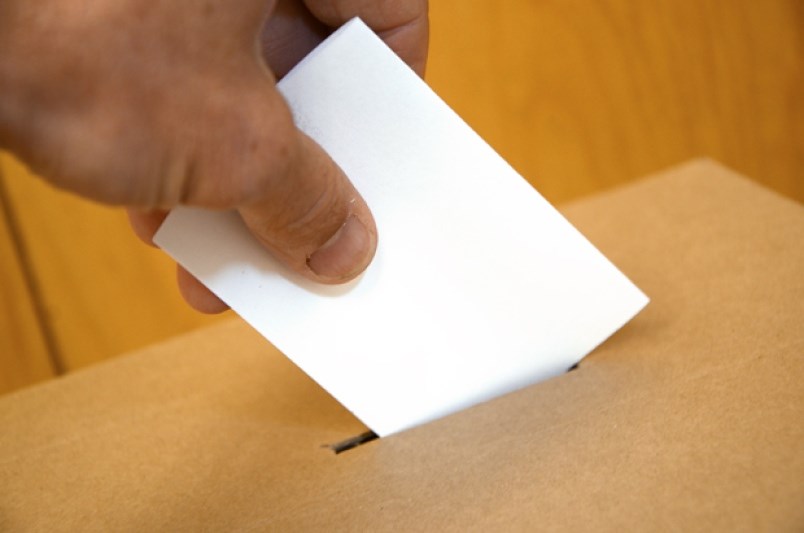Attorney General David Eby says he wants to hear from average voters before coming up with what a potentially game-changing referendum on electoral reform will look like when it goes before voters next year.
“There’s no more fundamental question for democracy than how the will of the people is translated into the legislature,” said Eby in announcing public consultation over the question last week.
Eby said he wants to hear from the public on issues like what the ballot question should look like, what kinds of voting systems should be considered and whether advocacy groups – for or against changing the current voting system – should be funded by government.
When the referendum is held, before the end of November 2018, “a majority will decide the direction of how our province votes,” said Eby, noting the threshold for a vote to pass will be 50 per cent plus one of the popular vote, provincewide.
But already, North Shore politicians are lining up on opposite sides of the question.
West Vancouver-Capilano Liberal MLA Ralph Sultan has made no secret that he’s not in favour of changing the voting system.
“I find the phrase ‘reform’ tossed around rather loosely,” said Sultan. “It implies something’s wrong and we have to fix it. What they’re really saying is they are going to change the political system. My own view is not for the better.”
Sultan said he likes the current “first past the post” voting system because it results in a majority rule “so you know who’s in charge, so there’s clear responsibility and clear accountability.”
With proportional representation, governments inevitably have to be formed by some sort of coalition, which take months to work out and involve secret backroom deals such as those currently being brokered between the NDP and Green party, he said.
“Who knows what kind of secret deals (John) Horgan is making with (Andrew) Weaver? He doesn’t have to tell us.”
Sultan added changing the voting system has never been raised as an issue by his constituents.
On the other side of the house, North Vancouver-Lonsdale NDP MLA Bowinn Ma said she likes the idea of going to the public about proportional representation.
“B.C. has historically always had majority governments,” she said. “Majority governments mean that governments are able to – for lack of a better word – ram through legislation without a lot of collaboration with the opposition parties or without taking into account opposing perspectives.”
“I am in favour of a more democratically behaving legislative assembly,” she said. “I’m very optimistic about what proportional representation can mean for this province, especially having been able to see the cooperation that has been able to occur between the NDP and the Greens.”
To find out more or to weigh in on the process, go to engage.gov.bc.ca/howwevote/.
Public comment is open until Feb. 28.



